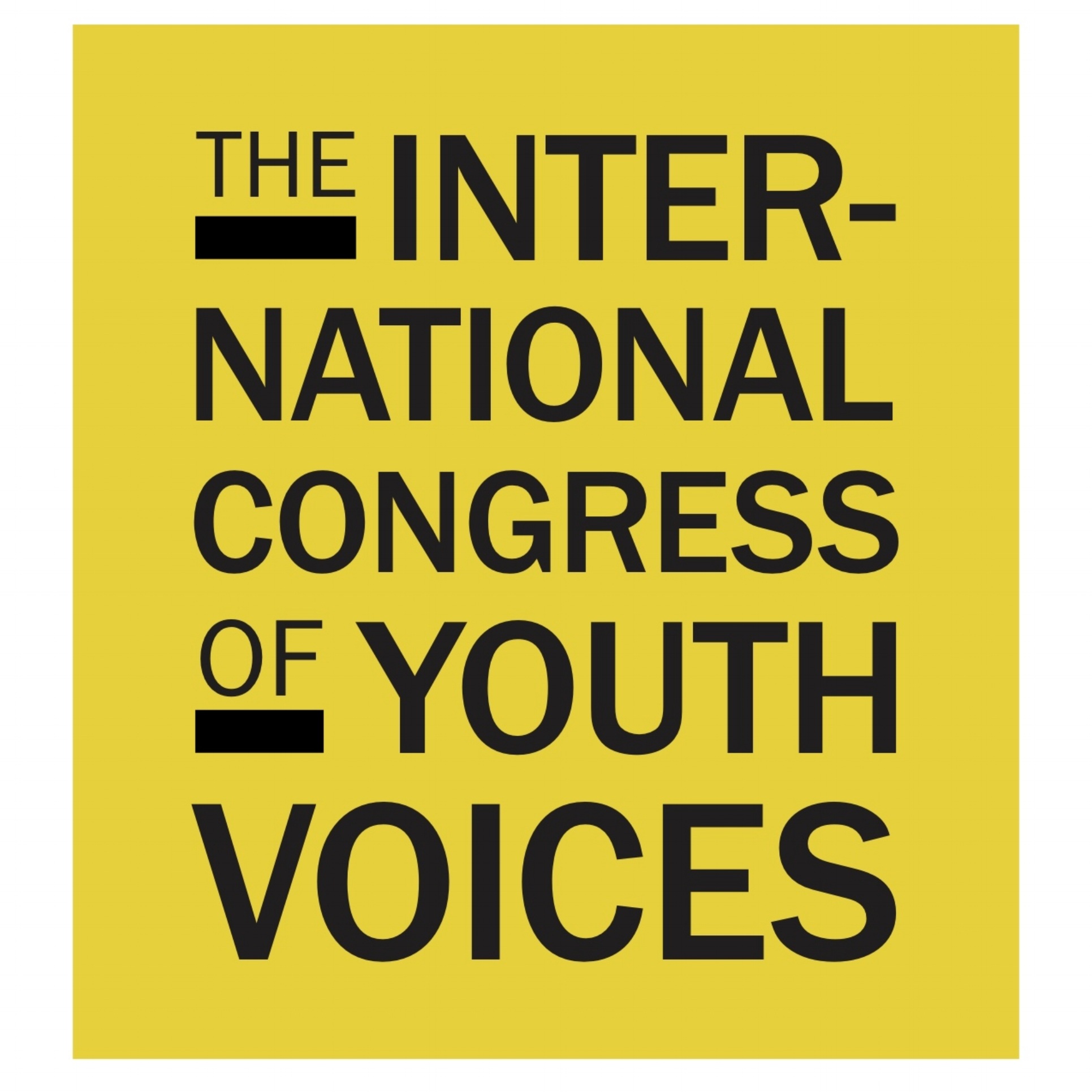Talon Washington , 18
Talon Washington is a senior at New Orleans Charter Science & Mathematics High School in Louisiana. Her writing is heavily influenced by her shifting moods. Washington’s feelings serve as the rhythm to her process and control the tone of her writing. Varying between fiction to nonfiction short stories, Washington usually picks up a pen and a notebook and surrenders to the guidance of her thoughts.
Washington is heavily interested in topics related to the inequality that haunts America and is fascinated by its presence in society in the first place. She says that while gender and racial inequality are so ubiquitous and prevalent, she hopes the voices of young writers will persuade people to become more active in fighting prejudice. She highlights the importance of listening to youth, especially their ideas and thoughts on the faults of our society.
Washington will attend University of New Orleans in the fall. Her writing has just been published in There is No School Without Us, a collection of student writing at 826 New Orleans, a nonprofit that cultivates young writers in New Orleans.
The New Age of Feminism
by Talon Washington
“The higher mental development of woman, the less possible it is for her to meet a congenial male who will see in her, not only sex, but also the human being, the friend, the comrade and strong individuality, who cannot and ought not lose a single trait of her character” (Goldman). A majority of people say women are equal to men; yet, women are not treated, respected, or paid equivalently to men. According to statistics, “the average woman earns 78 cents to a white man’s dollar” (ACLU). Women are humans, too. Therefore, they deserve the same legal and economical rights as men.
Historically, women have not always had the same rights as men. As recently as the 1960s, women were treated as second class citizens and legally subjected to their husbands by the “head and master law.” This law limited women to “no legal right to any of their husbands’ earnings and property,” even though their husbands’ controlled their property and earnings (tavaana.org). For working women, being “paid lower salaries than men and denied opportunities to advance” in the workplace was an all too common occurrence (tavaana.org). Women wanted a better life with more opportunities for themselves, so the feminist movement of 1960 started. The main goal of the movement was to overthrow workplace inequality with an anti-discrimination law. By the end of the 1970s, women had done so much more by creating rape crisis centers, women’s shelters, and health clinics. Also, women expanded access to abortions, birth control, and divorces. The feminist movement closed some of the gap between men and women; however, there still is a huge gap.
Today, there still stands a glass ceiling, or an unacknowledged barrier to advancements in a career, that affects women and minorities. Women are paid 78 cents to a white man’s dollar. This wage gap is worse to minority women as “black women earn 64 cents and Latinas earn 54 cent for each dollar earned by white men”(ACLU). “Women are the breadwinners in four out of ten families;” yet, there is still pay inequity. PayScale’s statistics show that there is no state with pay equity. The largest pay gap is in Louisiana “where women get paid 7.4% less than men in the same jobs” and the gap has “increased 1.4% in the last year” (Dishman). This pay discrimination is against the law that states economic disparity due to gender. Women can do the same amount of work and have the same diligence as a man, but still are not paid the same as a man. Feminists are fighting to close the pay gap that is unlawful to women and minorities.
However, pay inequity is not the only issue women are facing. Women, globally, are being subjected to violence on a daily basis. “One in three women worldwide have experienced either physical and/or sexual in their lifetime” (WHO). These acts of violence can negatively affect a woman’s “physical, mental, sexual, and reproductive health” (WHO). Violence happens to every gender, but violence against women is typically swept under the rug. On average, nearly “20 people per minute are physically abused by an intimate partner in the United States. During one year, this equates to more than 10 million women and men” (NCADV). Feminists are just bringing the violence to light and gaining justice for those wrong doings because no one should be subjected to violence.
Feminism is a great movement that has opened many doors for women, men, and members of the LGBTQ community. Researchers have found that all women benefit from feminism. Over 90% of women, both feminist and non-feminist, have “voted, been able to get a credit card in their own name, and use birth control,” all of which is possible through gender-equality advocacy (Maloney). Feminists are now focused on getting equality for everyone because this country needs egalitarianism, or equality for every human in politics, economics, and social life.

